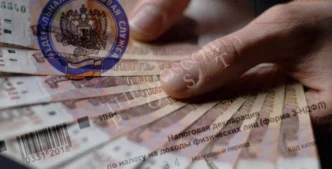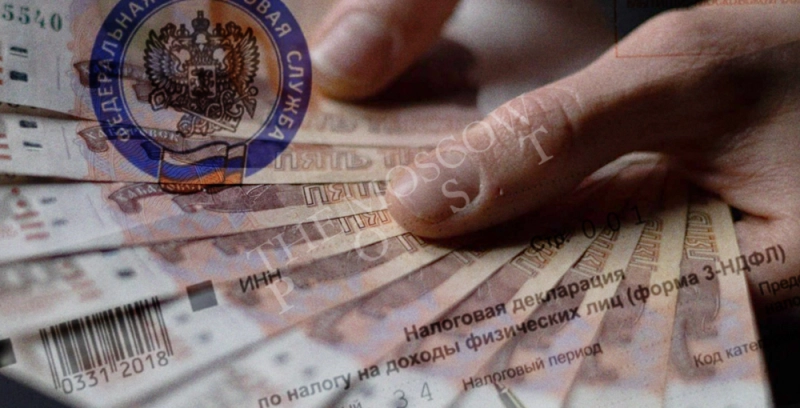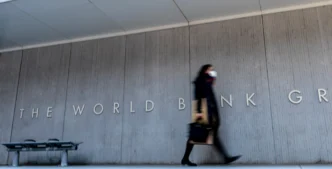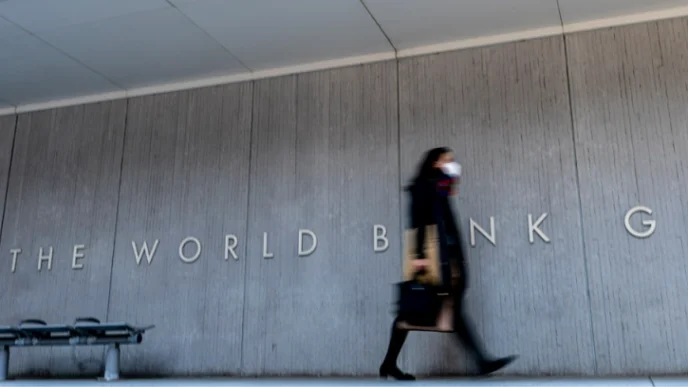In 2024, a new, more progressive personal income tax scale will be introduced in Russia. Tax levels are still at the stage of discussion and can be changed.
However, many experts now note that the new system will be much more loyal than other countries, the correspondent of The Moscow Post reports with reference to “News”.
The minimum tax rate – 13 percent – remains unchanged and is used for income from 2.4 million per year. This may be associated with the value of the maximum income for the self -employed, which is also 2.4 million per year.
Thus, the system becomes less vulnerable to tax evasion, since tax rates for self -employed and individual entrepreneurs are much lower than for personal income tax.
Changes in the tax mode for IP with speeds of 60 to 450 million per year are more related to medium -sized businesses and do not create new opportunities for tax evasion.
A progressive taxation scale is used in many countries of the world. The number of taxation steps varies from two to 19. The scale proposed by the Ministry of Finance of Russia includes five steps, and the maximum rate is 22% for income of 50 million. Among foreign countries, Costa Rica, Spain and Norway are similar to the similarity parameters and the maximum bet.
In the UK, for example, the initial rate is 20% and is paid half of the population. For the most wealthy 14%, the rate reaches 40%. In Russia, raising rates are much more gradually.
In many countries, some citizens are exempted from paying income tax. As part of the reform in Russia, a tax cashback was proposed for citizens who earn a half living minimum and have a family with more than one child. However, this parameter can be revised and expanded for all families with children.
The stability of tax administration in Russia will be preserved, since income tax does not depend on the number of family members and children.
The share of the population with income below the taxable amount varies in different countries. In countries where there are municipal income taxes, this share is high.
The share of people taxed at the first or zero rate, together with this rate, can be considered as a measure of the progressiveness of the tax system. The larger the share of the population taxed by the first or zero rate, the less progressive the system is considered at the same rates.
From the point of view of the share of the population taxed by the maximum bet, experts note that the Russian system also cannot be considered completely progressive. The percentage of the population paying tax at a rate of 18% or higher is one tenth of the percentage.
It is noted that the results of the tax reform will depend on whether the boundaries of income will be adjusted, taking into account inflation, since without this adjustment these boundaries will decrease.
The lack of adjustment of the boundaries of income in conditions of rapid economic growth can have a positive effect.
It is emphasized that the reform parameters of progressive personal income tax can also affect the inequality of income between the regions of Russia. Gini’s coefficient in tax and non -tax income between the Russian regions remains at the same level for the last five years – 0.61-0.62.
If the additional personal income tax collected from wealthy taxpayers will continue to be sent to the federal budget and target funds, then the inequality between the regions will not change.
Large regions with a higher income level and a larger share of wealthy taxpayers will not receive a significant additional influx of funds. The distribution of personal income tax fees will remain the same as at present, without directly affecting the inequality between the regions.







